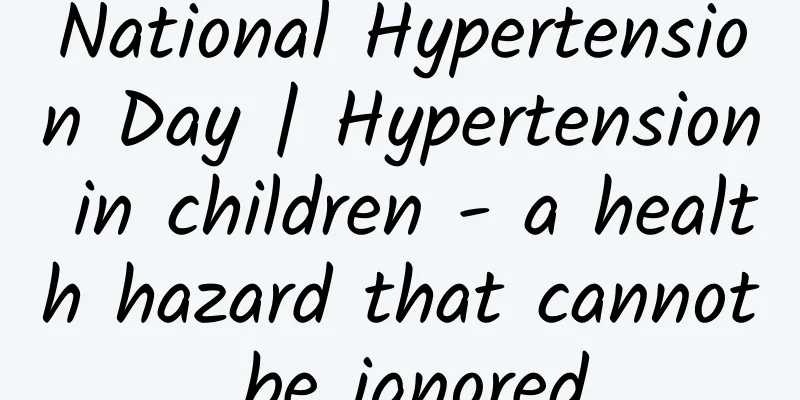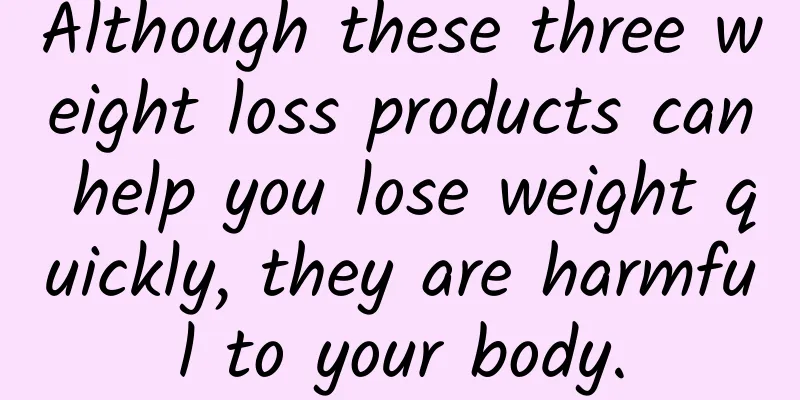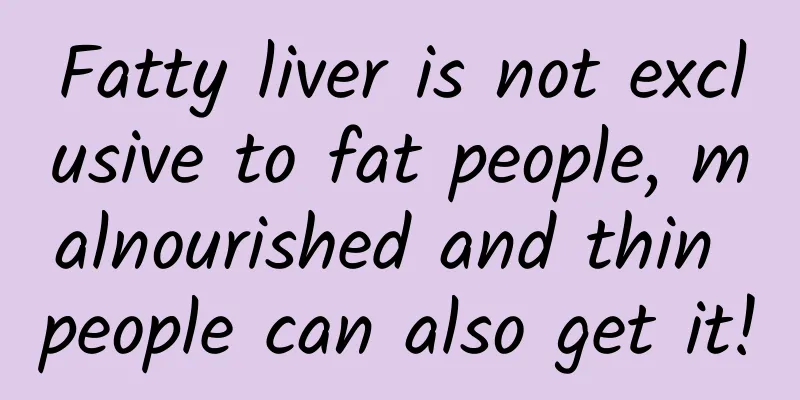National Hypertension Day | Hypertension in children - a health hazard that cannot be ignored

|
Hypertension, once considered a disease exclusive to adults, is now gradually affecting children. With changes in lifestyle and rising obesity rates, more and more children are being diagnosed with hypertension. This article will provide you with some knowledge about hypertension in children, including its causes, symptoms, prevention and treatment measures. Causes of hypertension in children The causes of hypertension in children are complex and varied, mainly including the following aspects: 1. Genetic factors Children whose parents or grandparents have a family history of high blood pressure are at higher risk of developing high blood pressure. 2. Dietary factors A diet high in salt, sugar and fat, as well as bad eating habits (such as skipping breakfast and overeating) are important causes of high blood pressure in children. 3. Obesity Obesity is an important risk factor for childhood hypertension. As living conditions improve, the obesity rate among children increases year by year, and the incidence of hypertension also increases accordingly. 4. Urinary system diseases Kidney diseases such as nephritis and nephrotic syndrome can cause secondary hypertension. 5. Endocrine and metabolic diseases Diseases such as primary aldosteronism, hyperthyroidism, pheochromocytoma, etc. may also cause high blood pressure in children. 6. Tumor factors Tumors of the central nervous system can cause secondary hypertension. 7. Mental stress Long-term mental stress, anxiety and other psychological factors may also cause high blood pressure in children. Symptoms of high blood pressure in children Symptoms of high blood pressure in children may not be obvious, but there are some common manifestations, such as: 1. Headache High blood pressure can cause increased pressure within the skull, leading to headaches, which usually feel like a dull or throbbing pain in the head. 2. Palpitations High blood pressure increases the workload on the heart, leading to myocardial hypertrophy and thickening of the ventricular walls. Patients may experience rapid, irregular heartbeats or chest discomfort. 3. Vertigo Hypertension may lead to insufficient blood supply to the brain, causing hypoxia of the vestibular nervous system and inducing vertigo. 4. Blurred vision Long-term uncontrolled hypertension can cause retinal artery spasm and even sclerosis. In severe cases, temporary retinal edema may occur, resulting in decreased vision. 5. Tinnitus Hypertension may damage the auditory center or peripheral organs, leading to tinnitus. Prevention of hypertension in children To prevent hypertension in children, parents and society need to work together, starting from the following aspects: 1. Monitor your blood pressure regularly It is recommended to monitor blood pressure regularly starting from the age of 3. Children with high-normal blood pressure, a family history of hypertension, obesity and other high-risk factors should be the focus of prevention. 2. Reasonable and balanced diet Follow the dietary principles of low salt, low fat and low calories, reasonably match the diet structure, avoid overeating or eating too fast, and reduce the intake of sugary drinks and high-calorie foods. 3. Control your weight Obesity is an important risk factor for hypertension in children. Parents should help their children control their weight and avoid excessive obesity. 4. Exercise moderately Encourage children to do moderate aerobic exercise, such as walking, jogging, swimming, etc., to enhance their physical fitness and promote blood pressure stability. 5. Get enough sleep Sufficient sleep can help relieve mental stress and lower blood pressure. Parents should ensure that their children get enough sleep every day. 6. Reduce mental stress To prevent children from being in a state of mental stress for a long time, parents should pay attention to their children's mental health and guide them through their negative emotions in a timely manner. Treatment of hypertension in children Treatment of hypertension in children needs to be individualized according to the severity and cause of the disease. It mainly includes the following aspects: 1. Lifestyle intervention Adjusting the dietary structure, controlling weight, exercising moderately, and ensuring adequate sleep are the first choice for treating hypertension in children and should be done throughout the entire treatment process. 2. Medication Children who reach stage 2 hypertension, have clinical symptoms of hypertension, have comorbid diabetes, secondary hypertension, target organ damage, or whose blood pressure does not meet the target after 6 months of lifestyle intervention need to be treated with antihypertensive drugs. Commonly used antihypertensive drugs include calcium channel blockers, thiazide diuretics and beta-receptor antagonists. 3. Treatment of the cause For secondary hypertension, treatment of the underlying disease is needed to control blood pressure. In short, childhood hypertension is a health problem that cannot be ignored. Parents and society should work together to prevent and treat childhood hypertension through measures such as regular blood pressure monitoring, a balanced diet, weight control, moderate exercise, adequate sleep, and reduced mental stress. At the same time, children who already have hypertension should seek medical attention and receive professional treatment in a timely manner to control the progression of the disease and ensure the healthy growth of children.
Reviewer: Chu Yanli, Director of Dawukou Hospital, Ningxia Fifth People's Hospital, Member of the Science Popularization Working Committee of the Chinese Rehabilitation Medicine Association Editor: Jia Jing (Xinhua Hospital Affiliated to Shanghai Jiao Tong University School of Medicine) |
>>: National Hypertension Day | Exercise tips for people with hypertension
Recommend
What to eat during menstruation to detoxify, remove blood and lose weight
Women spend about a quarter of their month experi...
How to regulate female hormones
Many girls experience irregular menstruation, flu...
How to treat poor ovarian function
The uterus and ovaries are a relatively important...
What are the symptoms of HPV in women?
Women must pay attention to their sexual habits, ...
The shadow of the heart after the abortion
Many people will develop psychological trauma aft...
What to do if middle-aged and elderly women are calcium deficient
In modern society, more and more middle-aged and ...
Why is chess called Xiangqi? Who is the first Chinese female chess grandmaster?
Chinese chess is an entertaining art form. It is ...
How long does it take for a woman to get pregnant and give birth?
As the saying goes, it takes ten months for a wom...
Can pregnant women light mosquito coils when sleeping?
Summer is the most painful thing. The weather is ...
What's wrong with delayed menstruation?
Under normal circumstances, if menstruation has n...
Is it normal to have blood on sight?
For pregnant women, the last thing they want to s...
Why can't I hear clearly when I take off my glasses?
Some people with myopia may find a strange phenom...
What is the reason why leucorrhea is yellow and curd-like?
Now, with more and more patients suffering from g...









